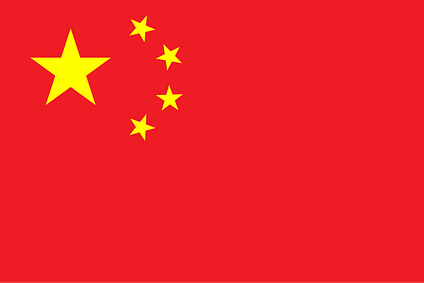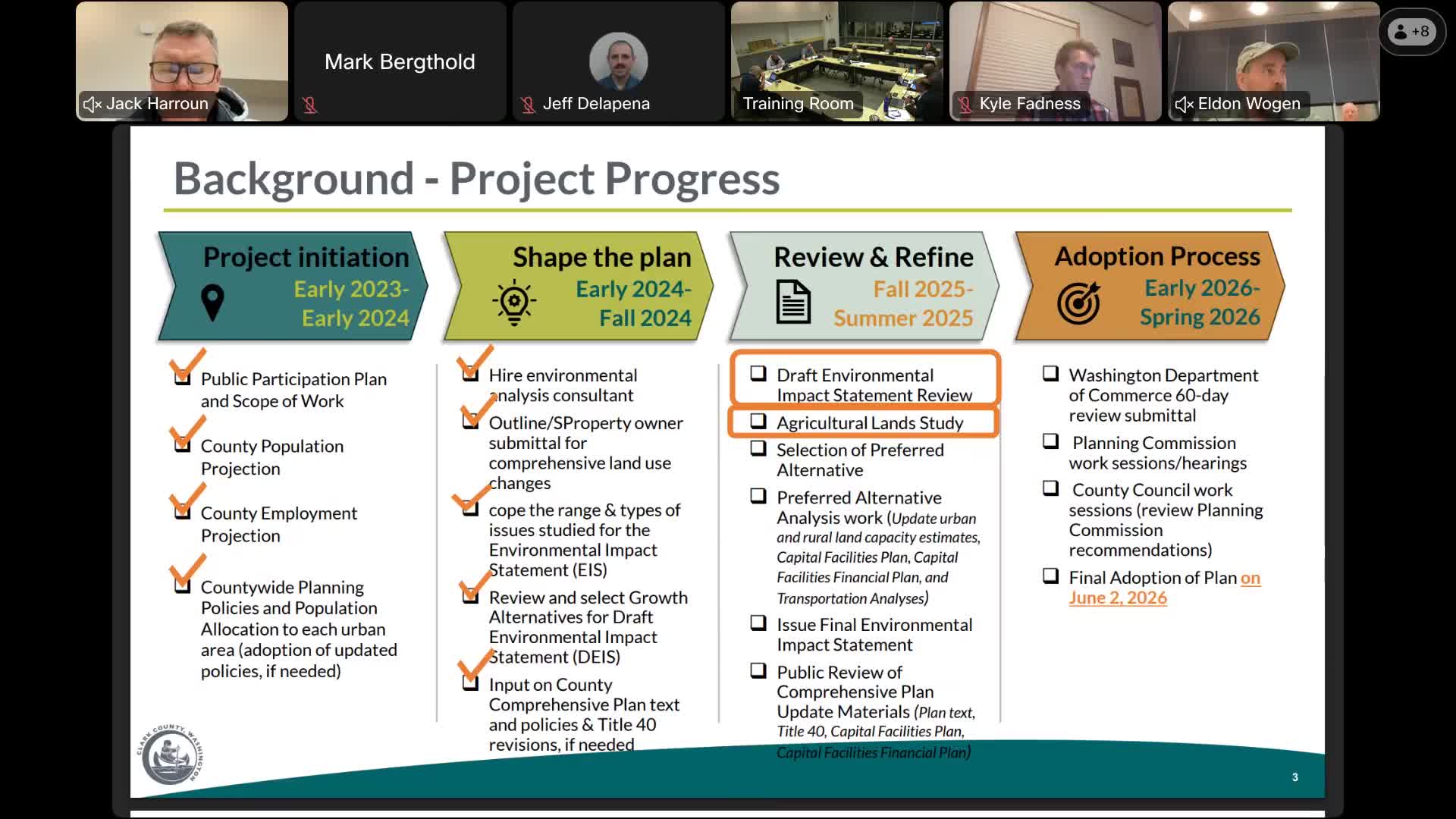Yuka app helps users scan food and products for health risks – CBS News

Report on the Yuka Application: A Tool for Health and Sustainable Consumption
Introduction
The mobile application Yuka has emerged as a significant digital tool for consumers in the United States, designed to provide transparent analysis of food and personal care products. By enabling users to scan barcodes and receive an immediate health impact score, the application directly supports the achievement of several United Nations Sustainable Development Goals (SDGs), particularly those related to health, well-being, and responsible consumption.
Application Functionality and Scoring Protocol
Yuka’s primary function is to evaluate consumer products based on a proprietary scoring system. This system is designed to simplify complex product information and empower consumers to make informed choices that align with health and sustainability principles.
Scoring Methodology for Food Products
- Nutritional Quality (60% of score): The assessment is based on established public health guidelines, analyzing factors such as sugar, salt, saturated fat, and protein content.
- Presence of Additives (30% of score): The application identifies and penalizes products containing additives with documented or suspected health risks, based on current scientific research.
- Organic Certification (10% of score): A positive weighting is given to products that are certified organic, promoting agricultural practices that are more environmentally sustainable.
Products are assigned a score out of 100 and a corresponding color code from green (excellent) to red (poor). In cases of a low score, the application recommends healthier, more sustainable alternatives.
Alignment with Sustainable Development Goals (SDGs)
The Yuka application serves as a practical instrument for consumers to contribute to several key SDGs through their daily purchasing decisions.
SDG 3: Good Health and Well-being
- Promoting Healthy Lifestyles: By translating complex nutritional data into an easily understandable score, the app encourages users to select healthier food options, directly contributing to Target 3.4, which aims to reduce premature mortality from non-communicable diseases.
- Reducing Exposure to Harmful Chemicals: The app’s analysis of additives and ingredients in personal care products helps users avoid potentially harmful substances, supporting overall well-being.
SDG 12: Responsible Consumption and Production
- Fostering Informed Consumers: Yuka provides the information necessary for consumers to make sustainable choices, a core component of Target 12.8, which seeks to ensure that people everywhere have the relevant information and awareness for sustainable development.
- Encouraging Sustainable Practices: By allocating 10% of its score to organic certification, the app incentivizes the consumption of products from sustainable agricultural systems, thereby encouraging producers to adopt more responsible practices.
SDG 2: Zero Hunger
- Improving Nutrition: While not directly addressing food security, the app’s focus on nutritional quality supports Target 2.2, which aims to end all forms of malnutrition. By guiding users toward more nutritious food, Yuka helps combat issues related to poor dietary habits prevalent in developed nations.
Market Penetration and User Growth
Initially launched in France, Yuka has achieved significant organic growth in the United States, reaching over 20 million users. The company reports an acquisition rate of approximately 25,000 new U.S. users daily. This expansion has been achieved without advertising expenditure, relying solely on media coverage and word-of-mouth promotion. The company’s revenue model is based on an optional premium subscription, which it states ensures its independence from industry influence and maintains the integrity of its ratings.
Expert Commentary and Limitations
Professional Recommendations
Health experts, including registered dietitians, advise that the application should be utilized as a general guide rather than a definitive medical tool. Key considerations include:
- Lack of Individualization: The app’s generalized recommendations may not be suitable for individuals with specific health conditions, such as food allergies, specialized dietary needs, or eating disorders.
- Not a Substitute for Medical Advice: The co-founder has affirmed that the application’s terms of use explicitly state it is not a replacement for professional medical or dietetic advice.
Conclusion
The Yuka application represents a significant development in consumer-facing technology that aligns with global sustainability and health objectives. By empowering users with accessible, data-driven insights, it promotes responsible consumption patterns (SDG 12) and encourages healthier lifestyles (SDG 3), while also supporting improved nutrition (SDG 2). However, its role must be contextualized as a supplementary educational tool, with users encouraged to seek individualized guidance from healthcare professionals for specific health concerns.
1. SDGs Addressed in the Article
-
SDG 3: Good Health and Well-being
- The article focuses on the Yuka app, which is designed to rate “food and personal care products based on their health impact.” This directly connects to promoting health and well-being by helping consumers make informed decisions about the products they use and consume. The app’s scoring system, which evaluates nutritional value and the presence of additives, aims to guide users toward a healthier lifestyle, as one user stated, “making sure that everything I eat is pretty much on the healthier side.”
-
SDG 12: Responsible Consumption and Production
- The app empowers consumers to make more responsible choices. By providing transparent information on product composition, including a 10% score weighting for being organic, it encourages a shift in consumption patterns. The co-founder’s goal to “make health data more accessible” so people can “understand the food composition” aligns with the principles of responsible consumption, where consumers are aware of the health and environmental impact of their purchases.
2. Specific Targets Identified
-
Target 3.4: By 2030, reduce by one-third premature mortality from non-communicable diseases through prevention and treatment and promote mental health and well-being.
- The article highlights that the Yuka app helps users choose healthier foods by flagging poor nutritional quality and harmful additives. This function serves as a preventative tool against non-communicable diseases that are often linked to diet. A user’s comment, “I feel like I am taking a little bit more better steps into my health, you know, in the long run,” directly reflects the app’s role in promoting long-term health and disease prevention.
-
Target 12.8: By 2030, ensure that people everywhere have the relevant information and awareness for sustainable development and lifestyles in harmony with nature.
- The core purpose of the Yuka app, as described in the article, is to solve the problem where “it was very complicated to understand the food composition.” By simplifying health data and providing instant feedback through a barcode scan, the app directly provides consumers with the “relevant information and awareness” needed to make sustainable and healthy lifestyle choices. The app’s suggestions for “healthier alternatives” further educate and guide users toward responsible consumption.
3. Indicators Mentioned or Implied
-
Indicator for Target 3.4
- The article implies an indicator for progress through user behavior change. While not a formal metric, the app’s function of suggesting “healthier alternatives” and the user testimony of taking “better steps into my health” point to an **increase in the adoption of healthier dietary choices** among its users. The app’s success is measured by its ability to influence consumers to avoid unhealthy products in favor of better ones, thus contributing to disease prevention.
-
Indicator for Target 12.8
- The article provides direct quantitative indicators that measure the reach of information for sustainable lifestyles. The text explicitly states that the app has “more than 20 million American users” and “adds 25,000 new users in the U.S. each day.” These figures serve as a direct indicator of the **number of people gaining access to information** that enables them to practice responsible consumption. The rapid, “totally organic” growth highlights the increasing demand for and dissemination of such information.
4. Summary Table of SDGs, Targets, and Indicators
| SDGs | Targets | Indicators |
|---|---|---|
| SDG 3: Good Health and Well-being | Target 3.4: Reduce premature mortality from non-communicable diseases through prevention. | Implied Indicator: The adoption of healthier food choices by consumers, facilitated by the app’s scoring system and suggestions for “healthier alternatives.” |
| SDG 12: Responsible Consumption and Production | Target 12.8: Ensure people have relevant information and awareness for sustainable lifestyles. | Direct Indicator: The number of app users (“more than 20 million American users”) and the daily growth rate (“25,000 new users in the U.S. each day”), which quantify the dissemination of information for responsible consumption. |
Source: cbsnews.com

What is Your Reaction?
 Like
0
Like
0
 Dislike
0
Dislike
0
 Love
0
Love
0
 Funny
0
Funny
0
 Angry
0
Angry
0
 Sad
0
Sad
0
 Wow
0
Wow
0














































































